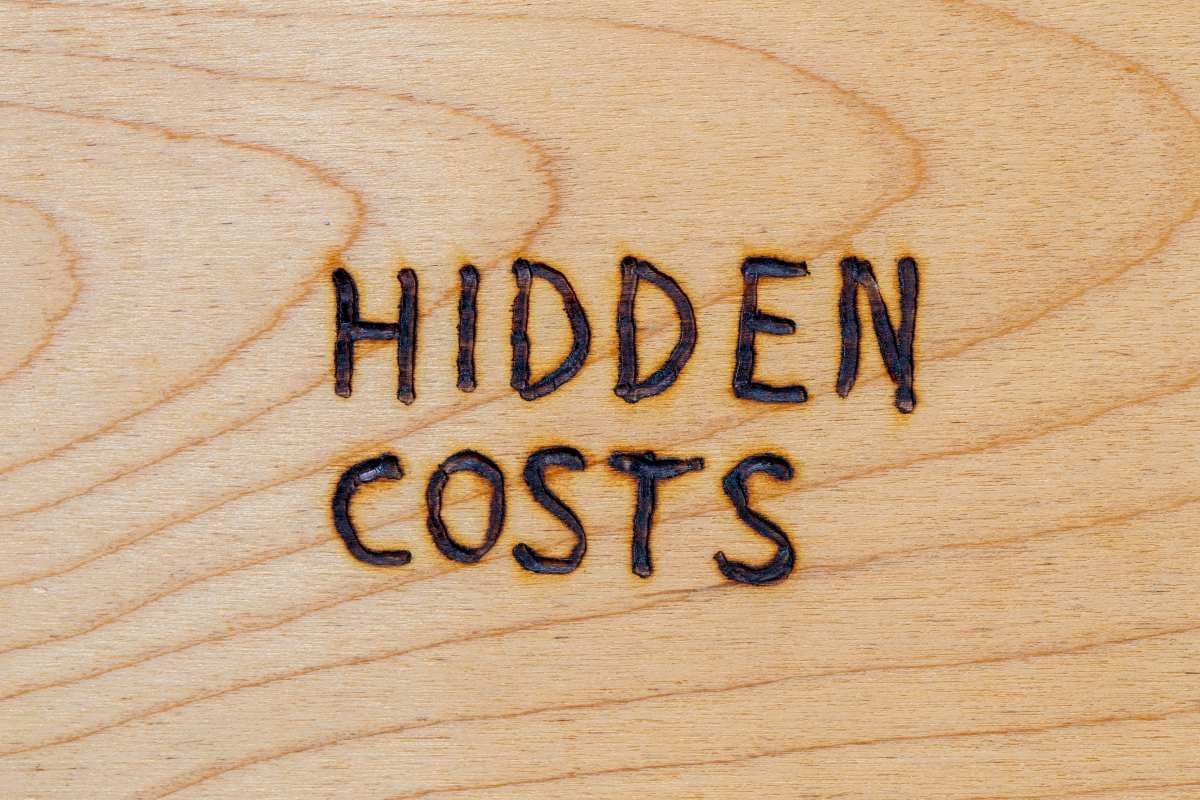7 Financial Mistakes to Avoid During and After a Divorce

Divorce is never purely emotional. It dismantles a household’s financial structure, often in unpredictable ways, and what’s left can be difficult to manage if choices are made in haste. People tend to underestimate how much long-term stability depends on small financial decisions taken at a time when emotions are running high. And to be fair, that’s understandable. Who wants to think about pensions, taxes, or settlement structures when the focus is on simply getting through each day? Yet those overlooked details can quietly decide whether the years following divorce are manageable - or riddled with preventable strain.
Why Financial Errors Happen in Divorce
Not only is divorce emotionally exhausting, but it also creates an environment where rational decision-making is harder than usual. When people feel pressured to resolve matters quickly, they may sign agreements without fully understanding the consequences. Others might let anger or guilt dictate terms - overcompensating or refusing compromise even when it harms them financially.
There’s also the knowledge gap. Few individuals understand the tax implications of asset transfers, the full complexity of pension valuations, or how debt liability can follow them years later. Solicitors can clarify these issues, but only if they’re consulted early enough.
Overlooking Hidden or Deferred Assets
The family home and joint accounts are usually the first things everyone considers. But less obvious holdings - stock options, bonuses not yet paid, business shares - sometimes get ignored in the division process. Maybe it seems minor compared with a property, but over time, these overlooked entitlements could be worth far more.
Not only can that cause immediate imbalance, but it may also create disputes long after the divorce has been finalised. A thorough valuation of both current and future assets is essential to prevent someone walking away with significantly less than they’re entitled to.
Mishandling Property and Housing Decisions
Selling or transferring a property during divorce is rarely straightforward. Emotions often cloud judgment here more than anywhere else. Some refuse to sell the marital home even when the mortgage is unsustainable, while others give up their share too quickly for the sake of closure. Both paths can be financially damaging.
The reality is that housing decisions need careful scrutiny. Can one party realistically maintain the property? If not, forcing a sale might be better than falling into arrears. And if children are involved, timing matters: stability for them may outweigh certain financial advantages. The key is balance, not reaction.
Forgetting About Long-Term Tax Implications
Transfers made between spouses are typically exempt from capital gains tax, but once the divorce is final, that protection falls away. If assets are shifted after the official split, the tax burden may be unexpectedly heavy.
It’s also worth considering how alimony or child maintenance interacts with tax rules. Some payments aren’t deductible or taxable in the UK, but others create indirect consequences. The mistake here isn’t just missing a line in legislation - it’s assuming everything will sort itself out automatically. It rarely does.
Neglecting Pension Rights
Pensions often represent the single largest financial asset after property, but they’re frequently undervalued in divorce settlements. In some cases, one spouse may accept more liquid assets while dismissing pension claims, only to discover later that they’ve traded away long-term security.
The complexity of pension splitting - whether through pension sharing orders or offsetting arrangements - means professional guidance is essential. Walking away without considering this area is less like an oversight and more like voluntarily discarding part of your future income.
Underestimating Debt Liabilities

One of the least glamorous but most damaging mistakes is ignoring shared debt. Credit cards, personal loans, and even overdrafts can remain jointly enforceable, regardless of who “agreed” to cover them in private.
If your name remains on an account, creditors can pursue you - even if the other party is responsible under the settlement. That’s why it’s crucial to remove joint liability wherever possible, rather than assuming a divorce decree will automatically protect you. It doesn’t.
Failing to Protect Assets Without Formal Agreements
People sometimes assume that once married, assets automatically gain legal shields. That isn’t the case. And if divorce is looming without a prior contract in place, safeguarding property and investments becomes more complicated. There are structured legal options to address this, even post-marriage, that can mitigate losses.
For further clarity on protecting assets without a prenuptial agreement, specialist legal advice should be sought rather than relying on assumptions or informal arrangements.
Overlooking Professional Support
Some try to reduce costs by avoiding solicitors or financial advisers, but the irony is that this often ends up costing far more. Drafting or accepting agreements without professional oversight can introduce errors that are impossible to correct later.
If discretion is a concern, it’s possible to find confidential legal guidance in Mayfair where discussions remain private, and the advice we provide is tailored to complex, high-asset situations.
Final Thoughts
Financial missteps in divorce aren’t always obvious. They creep in through rushed choices, unexamined assets, or misplaced trust in informal arrangements. Not only can those mistakes undermine short-term settlement outcomes, but they also ripple into retirement, housing stability, and future earning capacity.
The lesson isn’t about paranoia - it’s about vigilance. Divorce reshapes financial life, but with careful planning, clear advice, and a willingness to question every assumption, it doesn’t have to ruin it.












